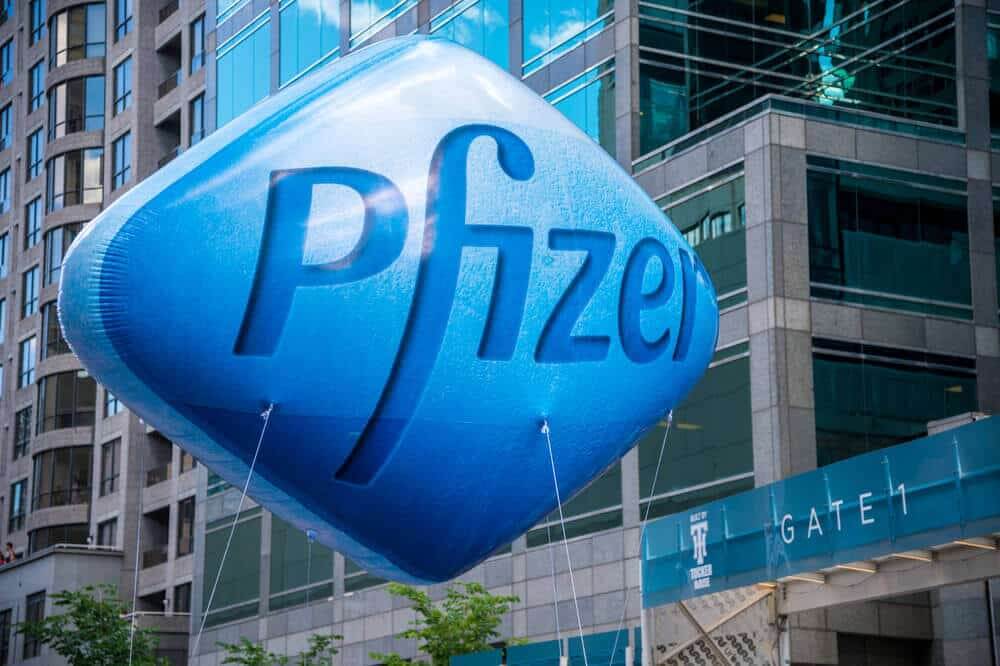
Shares of Pfizer Fell 0.73% on Wednesday
Pfizer was a famous company even before the Covid-19 pandemic, but the pandemic made it even more popular across the globe. It is not surprising that investors are closely monitoring its shares, which fell on Wednesday. Pfizer closed $3.78 short of its 52-week high ($43.08), which Pfizer achieved on December 9.
The stock underperformed when compared to some of its competitors on Wednesday, as Johnson & Johnson dropped 0.4% to $166.43. Merck & Co Inc. gained 1.20% to close at $76.71 and Novartis AG ADR declined 0.13% to $93.79.
Shares of Pfizer dropped 0.73% to $39.30 on Wednesday, on what proved to be an all-around dismal trading session for the stock market, with the S&P 500 falling 0.54% to 4,223.70. The Dow Jones Industrial Average fell 0.77% to 34,033.67 and this was the stock’s fourth consecutive day of losses.
Pfizer and Covid-19 pandemic
Last month, Pfizer stated that it expected its Covid-19 vaccine would generate sales totaling close to $26 billion this year. But that amount was based on supply agreements in place at the time. Since then, the company and its partner BioNTech have reached additional supply deals. The company reached a deal with the U.S. government, but this major agreement won’t be profitable for Pfizer.
Pfizer and BioNTech announced that the U.S. government would buy 200 million doses of their Covid vaccine in 2021. The government will buy another 300 million doses in the first half of 2022. The latest deal is in addition to the 300 million doses that Pfizer already committed to providing to the government.
The U.S. government doesn’t need any more Covid vaccines to immunize Americans this year. The country’s government ordered additional doses, as it wants to help other countries. All of the 500 million doses of the vaccine will be donated by the U.S. government to around 100 low- and -lower-middle-income countries.
Big pharmaceutical companies are no stranger to scandals. Pfizer has the chance to prove that big companies care about developing countries. There is also another factor which is quite important when it comes to such companies. In the case of developing countries, Pfizer and BioNTech won’t be able to charge full price for their vaccine. Consequently, they are not forgoing significant profits with the latest deal with the U.S. government


